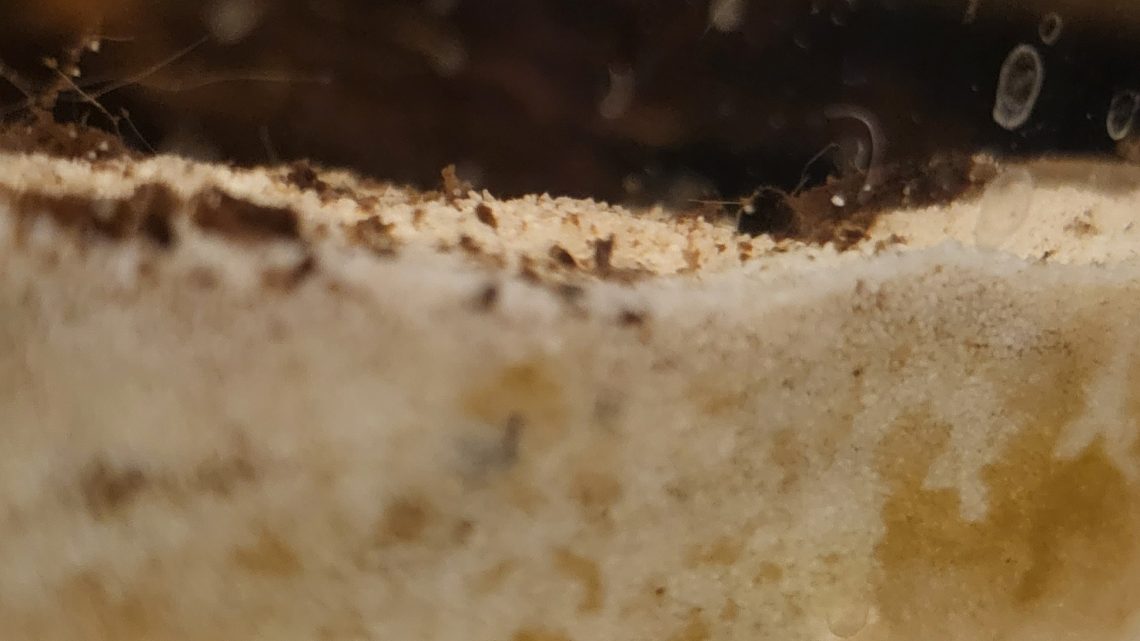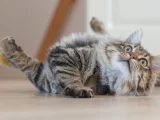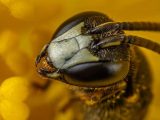What is brown algae in a fish tank?
October 24, 2022“Brown algae” is likely one of the first types you’ll see in a new aquarium. They’re called diatoms and are tiny single-celled organisms. They have a siliceous skeleton called a frustule (the outer cell wall) and can barely move. They photosynthesise just like plants.
This type of algae will appear as brown flecks and dots all over glass, objects and even plants. It’s very common in a new aquarium, typically blooming within 3 weeks as the tank begins to settle into it’s cycle. This initial outbreak is normal and will usually solve itself in time. If the algae outbreak persists it will need to be scrubbed away manually. This can be tricky because brown algae tends to ‘stick’ firmly to surfaces. It’s a harmless type of algae although a severe outbreak can smother plants.
Diatoms will be eaten by a few aquarium inhabitants – most likely snails, although Otocinclus Catfish and Loaches are known to eat brown algae. Shrimp may eat them but seem to prefer other snacks.
Diatoms utilise silica to help form their frustule and access phosphate and nitrates within the water. It’s thought that an excess of any of these nutrients can contribute to an algae bloom. The first step in dealing with it is usually to change the water more frequently to address the balance. It can be worth testing the tap water in persistent cases as some tap water is high in silica and phosphate. If this turns out to be the case there are treatments and filter media that can help address it. Reducing the lights will also reduce the amount that diatoms are able to photosynthesise.
Although diatoms can be a pain in aquarium they’re extremely useful and fascinating organisms. They’ve been around since the Jurassic period and produce at least 20% of the planet’s oxygen anywhere up to 50%. It’s thought that diatoms help up to 25% of carbon fixation – the same as all rainforests combined! Researchers are very interested in these little cells, so whilst they’re bothering your aquarium they may help save the planet yet.


